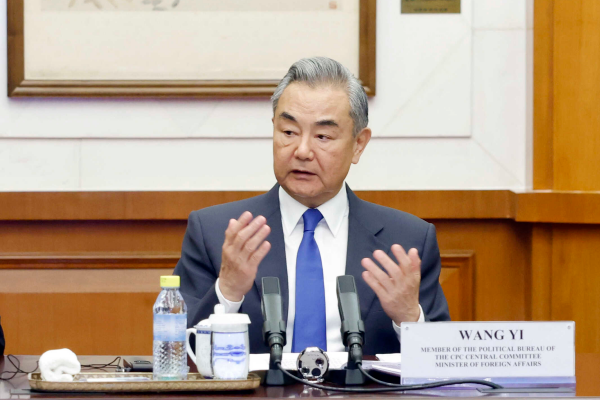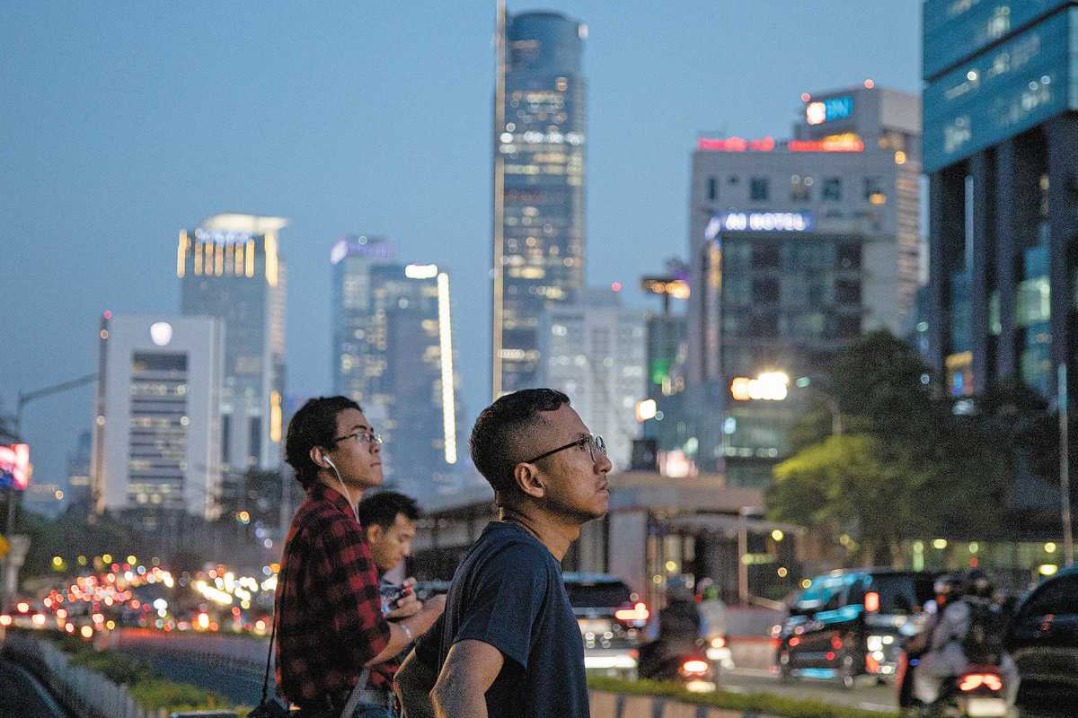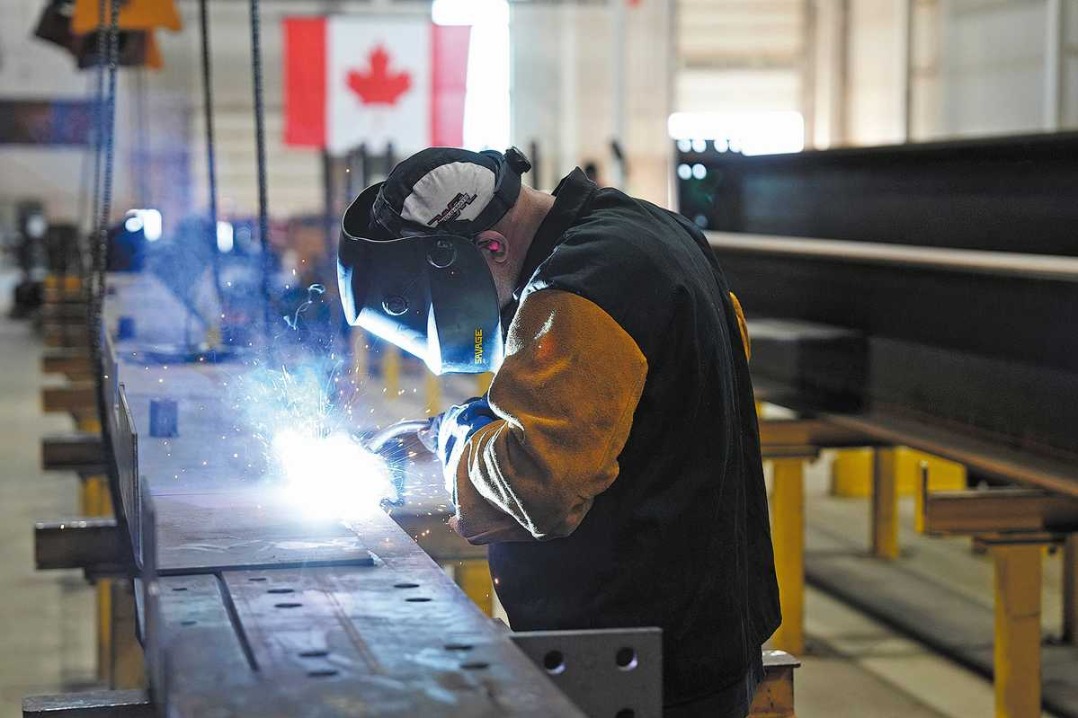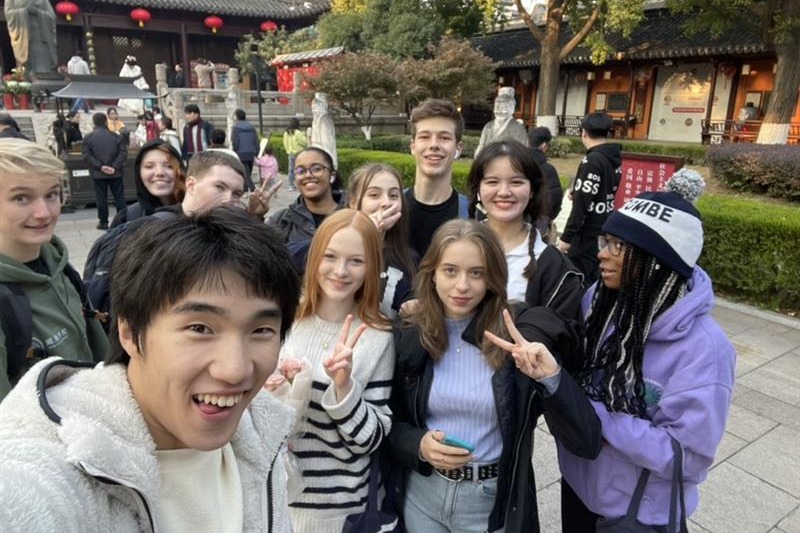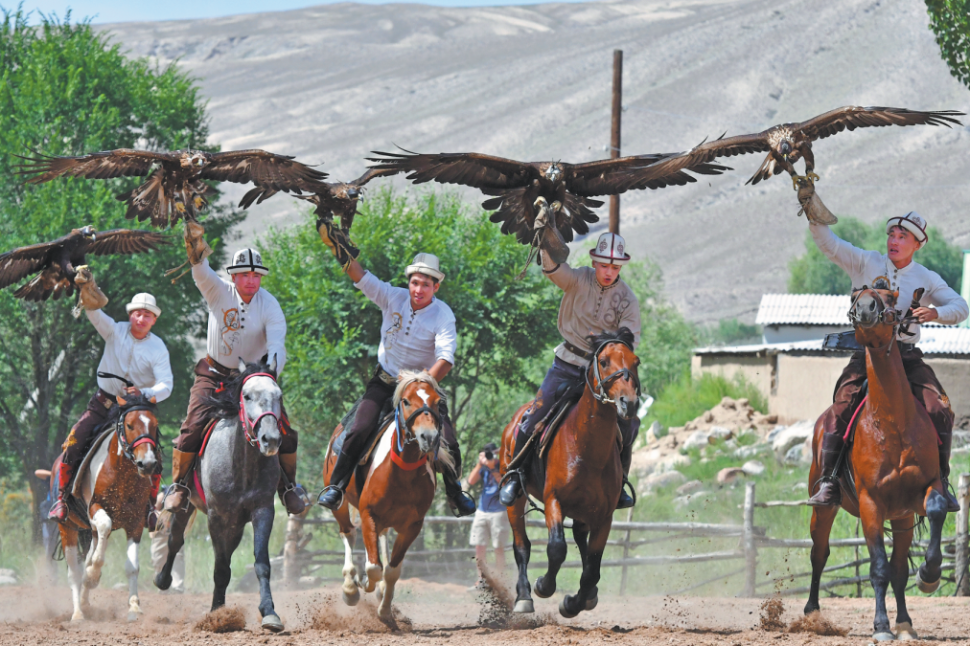Arab greening projects not a threat to water security

When an environment and climate action advocate is invited to address an international investment conference, it sounds like a mistake. However, shock makes way for understanding when you realize that you have been invited specifically for your work in the area of environment, to discuss ways to transform urban green spaces into sustainable investment opportunities. And you feel elated upon meeting municipal executives and real estate developers from other countries who attended the conference just to discuss this aspect.
Abu Dhabi in the United Arab Emirates, which hosted the international AIM Congress — a leading investment platform — was the perfect location for discussing ways to link integrated urban development with environment and climate, combine heritage and modernity, and incorporate renewable energy, efficiency, resource conservation, and sustainable development policies as central components of planning and programs.
So, who are the potential investors in urban greening? Given that open green spaces — forests, gardens, parks and municipal squares — are public assets and services, the public sector is primarily responsible for investing in them. However, urban greening, besides being a public service, makes green areas desirable for people to live and work in, which in turn attracts investments from the private sector and real estate developers. But attracting the private sector to invest in greening barren areas and making them available to the public free of charge requires incentives, as investors expect a lucrative financial return.
Possible measures include granting investors in greening public lands exclusive rights, such as operating shops, restaurants, and entertainment venues for a certain number of years.
Greening programs must be governed by rules based on the nature and ecosystem of each country, mainly in a geographical region like the Arab world, with its diverse characteristics. Remarkably, some cities that were historically green, blessed with temperate climates, sufficient natural water supply and fertile soil — such as Beirut in Lebanon, and Cairo and Alexandria in Egypt — are losing their public parks and natural forest covers due to unbalanced urban expansion, uncontrolled commercial development by greedy investors and inadequate government policies. Meanwhile, other cities located in previously barren areas have transformed into green oases. At the forefront of these transformations are Abu Dhabi and Dubai in the UAE and Riyadh in Saudi Arabia, which have expanded their green cover to nearly 9 percent, well above the minimum recommended level for healthy cities.
More importantly, these cities have adopted the concept of a "circular economy" while greening their arid lands. These cities use treated wastewater, which was previously discharged into the sea, for irrigation. Abu Dhabi also pumps treated agricultural wastewater and gray water into groundwater wells to replenish supplies as a strategic reserve.
At the Abu Dhabi congress, an entrepreneur from Russia presented a technique his company had developed to convert sludge from sewage into an agricultural soil alternative, after a pioneering process of disinfection. When this is refined and properly used, it promises to make wastewater recycling a circular process, transforming it into safe irrigation water and fertile agricultural soil. Successful adoption of this technology will save the UAE from importing 1 million metric tons of agricultural soil annually, which it uses for land reclamation. It will also prevent environmental damage caused by discharge of liquid and solid sewage.
Since sound public policies are key to successful urban greening, municipalities and local authorities should be required to develop a minimum percentage of green public spaces within their jurisdiction. This should also be enforced on real estate developers and private sector projects, be it large complexes, buildings or family homes. Incentives can also be provided to encourage the private sector to go further, such as granting tax exemptions and increasing the built-up area for building permits, in exchange for the creation of gardens with trees and special plants on rooftops, as in cities such as Geneva in Switzerland, where urban congestion makes vacant land scarce. This helps fight urban heat islands and climate change in general.
Greening and afforestation plans must also take into account water security considerations, especially in regions where natural freshwater is scarce. Since food security is inseparable from water security, all greening projects must also include the cultivation of plants suitable for human consumption, and not only ornamental plants. The plants must be chosen to be compatible with the surrounding environment and require the least possible amount of water for irrigation.
Beyond the importance of greening cities to make them better places to live in and improve quality of life, we must preserve the unique ecosystem of the desert, which boasts a rich natural and human heritage that should be a source of pride, not shame. We must also use technology wisely to help nature regenerate and continue to provide us with resources, instead of going against nature by depleting its unique assets.
The author is secretary-general of the Arab Forum for Environment and Development. He is also Editor-in-Chief of Al-Bia Wal-Tanmia magazine.
















